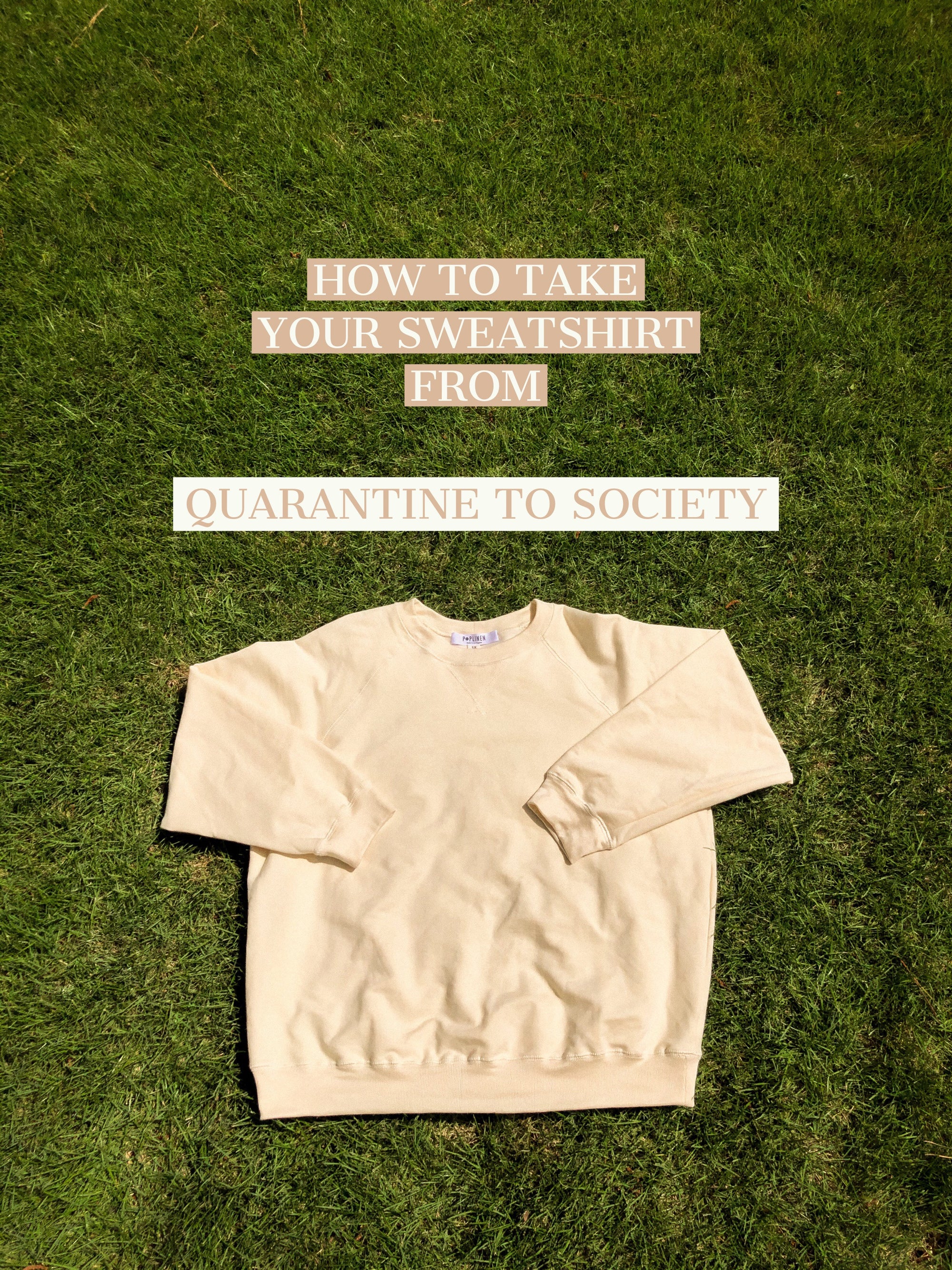
On Dudley’s last day of college a stranger ran up to him, and hugged him. She recounted how on her first day of orientation, she felt unprepared and ready to quit. A small act of kindness on Dudley’s part became a defining moment in her experience, and encouraged her to move forward. I think that video was the first time I realized the full impact of a single voice; I thought about all the small things people had done for me that made a big impact or turned a bad day around. And all the small moments I’ve made in return. Our lives are nothing if not the moments of joy we create for ourselves and others, the safety and stability we create for the relationships around us, and the love we express.
I came out of that summer with a new perspective on a lot of things. The program was majority white, and finding diverse subjects for interviews, even with an entire college campus at our disposal, proved difficult. I felt inspired, but also hyper aware of my blackness; and it didn’t help that in school things seemed just as black and white. No black kids in my journalism class, or advanced english class. Growing up your parents always tell you to “act right” around white people because too often one of us has to represent all of us.
But regardless of action, we’re treated as less than. The murders of Ahmaud Arbery, Breonna Taylor, and George Floyd at the hands of police were a more abundant reminder that even in our toughest times, when we’re supposed to be “in this together,” black lives in America are still not valued.
Anti-racism, like kindness, will be a ripple; not a boomerang. Send it out in hopes that it touches the right people, but don’t expect it back. Not everyone will agree with you and conversations will be tough; but awareness without action isn’t advocacy. Posting to your Instagram stories is great, but what will you do? Make changes, consistently, in ways you have the power to. Small moments will make a big impact.
I’ve seen friends offer free services to black businesses while the economy is down. Others are actively protesting, emailing, and calling local officials. Many are starting at home; while the consequences aren’t always as aspirational and inspiring as they’d hope. If next week you’re satisfied with the black square you posted, but will ignore your non-black friends saying the N word behind closed doors next week, or “don’t wanna talk about it” when confronted with discomfort, you are a part of the problem.
Black people are tired; so I’ll leave you to do the work and continue to ask yourself:
In the work place
- How do our business policies affect racial equality for employees, customers, and suppliers?
- What is the makeup of your leadership teams? Are they diverse and representative?
- What are your policies around hiring? Are there unconscious biases in place that disadvantage certain people, and how can those biases be removed?
- Do you have an environment where people can feel comfortable enough to report or call-out discrimination without feeling ostracized afterwards?
- Do I treat my black friend(s) different than I treat other friends?
- How do I see black people that are not my friends?
- Have I taken the time to understand my black friends and their perspective?
- How do I talk/let people talk about black people behind closed doors and in white spaces?



